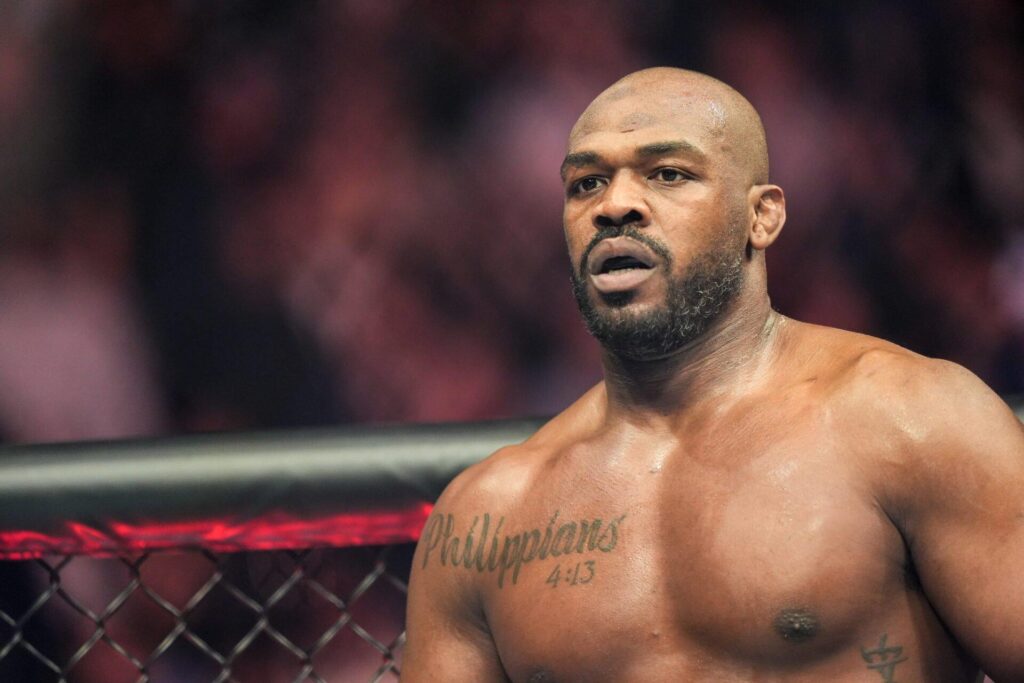MMA fighter Colby Davis has taken a bold legal step against the Ultimate Fighting Championship (UFC), spearheading a high-profile antitrust lawsuit that challenges the organization’s business practices. The suit, which has garnered significant attention across the combat sports world, alleges that the UFC operates as a monopolistic entity, restricting fighters’ opportunities and suppressing their earning potential. As the case unfolds, it could have far-reaching implications for the mixed martial arts industry and the future of fighter rights within the sport.
MMA Fighter Davis Challenges UFC’s Market Dominance with Antitrust Allegations
Fighter Davis, widely respected in the MMA community, has taken a bold step by filing a critical antitrust lawsuit targeting the UFC’s alleged monopoly over the mixed martial arts industry. The suit claims that the UFC maintains an unfair grip on the market by imposing restrictive contracts on fighters, limiting their ability to negotiate with other promotions. This legal challenge has intensified ongoing debates about the fairness and transparency within MMA’s biggest promotion, potentially reshaping the landscape for fighters and fans alike.
The lawsuit highlights several key issues central to the dispute:
- Exclusive agreements that bind fighters to the UFC for extended periods
- Control over pay and fight opportunities that may suppress athlete earnings
- Market barriers preventing other organizations from competing effectively
| Factor | UFC’s Practice | Fighter Davis’ Allegation |
|---|---|---|
| Contract Terms | Multi-fight exclusive deals | Limits market mobility |
| Pay Scale | Fixed structured pay tiers | Suppresses earning potential |
| Competition | Dominates major MMA events | Blocks rivals’ growth |
Legal Experts Recommend Increased Regulatory Scrutiny to Address Potential UFC Monopolistic Practices
Legal experts have voiced growing concerns regarding the UFC’s dominance within the mixed martial arts industry, suggesting that the organization’s operational practices may stifle competition and innovation. There is mounting pressure on regulatory bodies to undertake a thorough review of the UFC’s business arrangements, particularly around fighter contracts, exclusive broadcasting deals, and event promotion rights. Critics argue that such practices could potentially limit market entry for rival promotions, ultimately narrowing options for athletes and fans alike.
Key areas highlighted for regulatory scrutiny include:
- Exclusive Fighter Agreements: Potentially inhibiting athletes from competing in other venues or promotions.
- Broadcasting Monopolies: Restricting competition in pay-per-view and streaming service markets.
- Event Venue Control: Dominance in securing profitable locations could hinder competitors’ access.
- Merger and Acquisition Practices: Consolidation of smaller promotions raising antitrust red flags.
| Aspect | Potential Impact |
|---|---|
| Fighter Contracts | Limits athlete mobility and salary negotiation |
| Media Rights | Reduces competition, inflating consumer costs |
| Promotion Exclusivity | Thwarts growth of alternative MMA organizations |
The Way Forward
As the legal battle unfolds, all eyes will remain on Davis and the broader implications his antitrust suit could have on the UFC and the mixed martial arts industry at large. This case not only highlights ongoing concerns about fighter compensation and organizational power but may also set a precedent for how sports entities operate in the future. ESPN will continue to monitor developments closely as this landmark lawsuit progresses.








